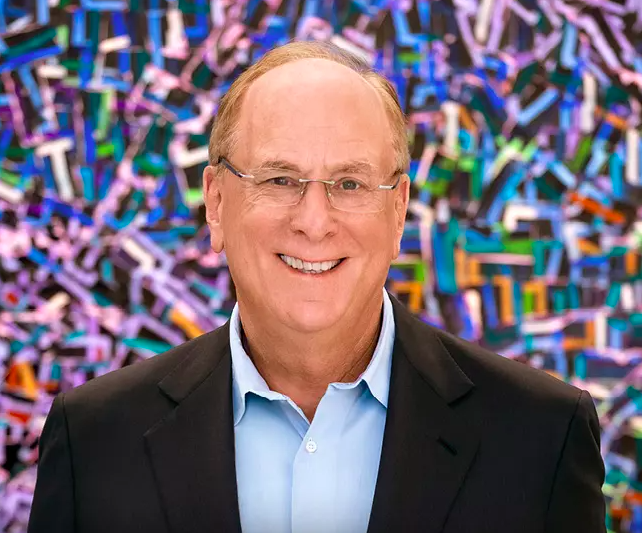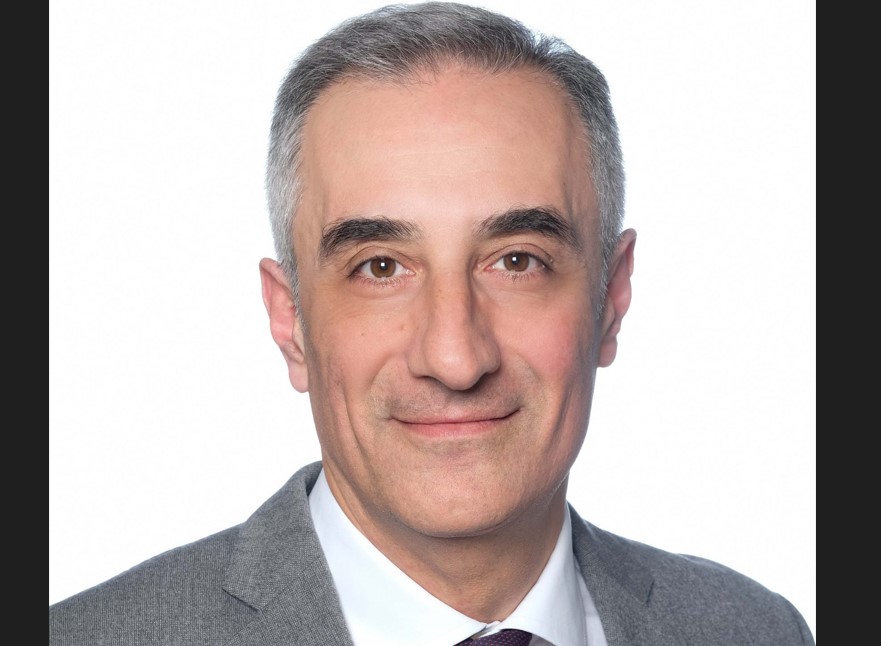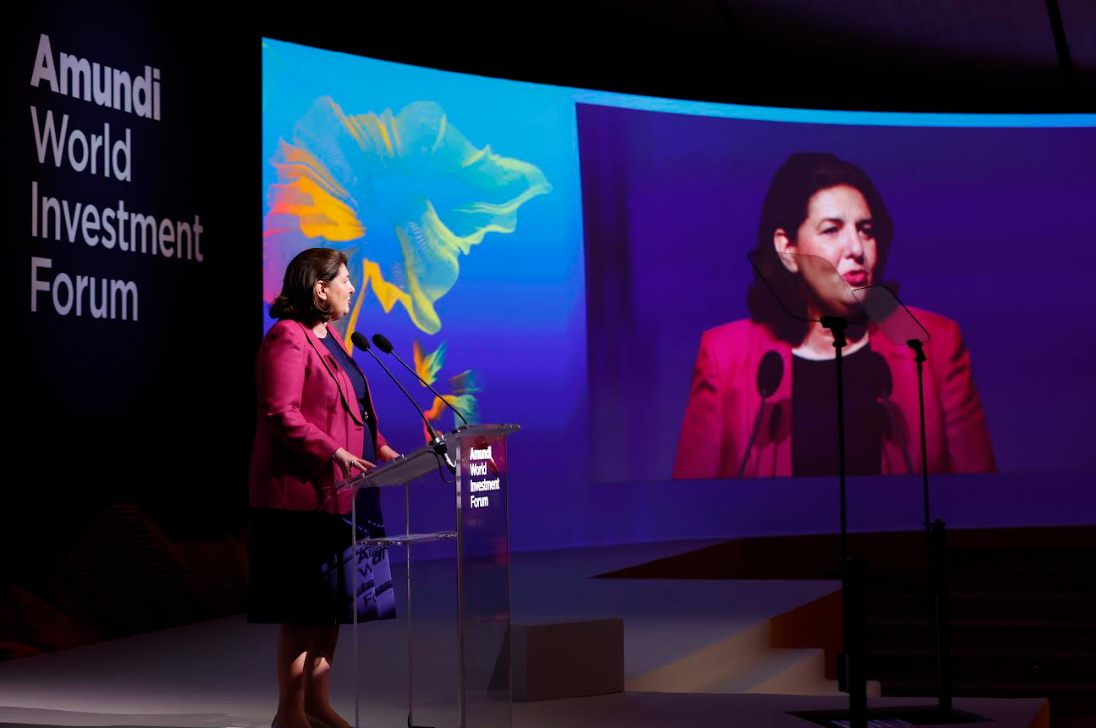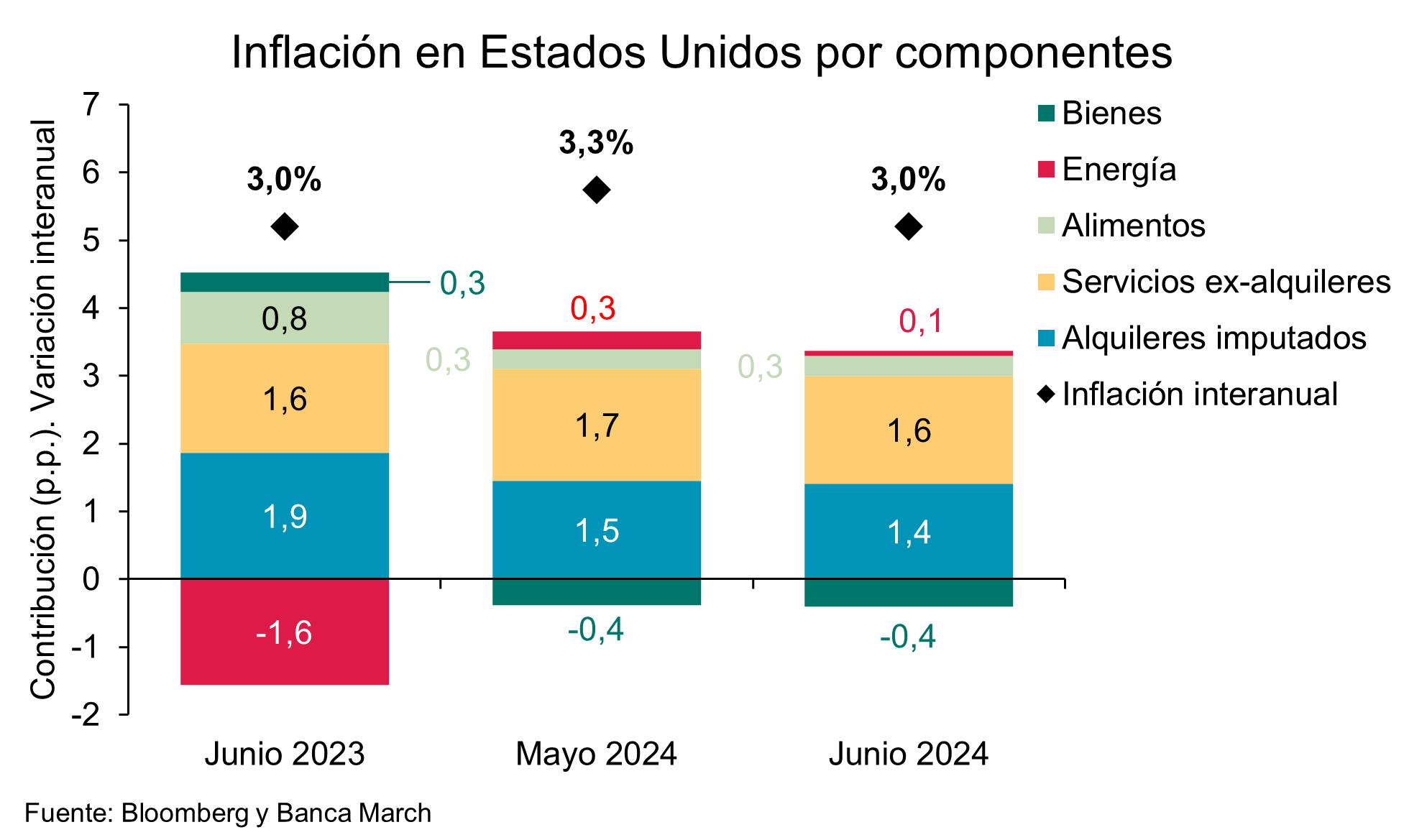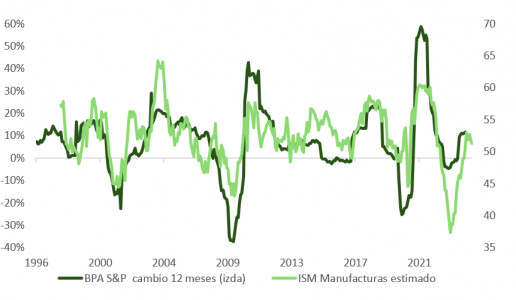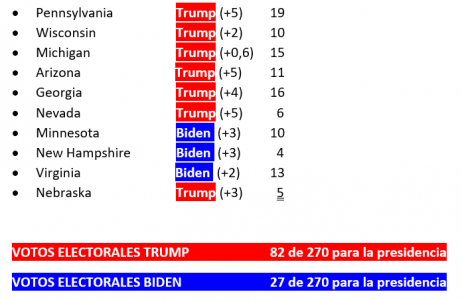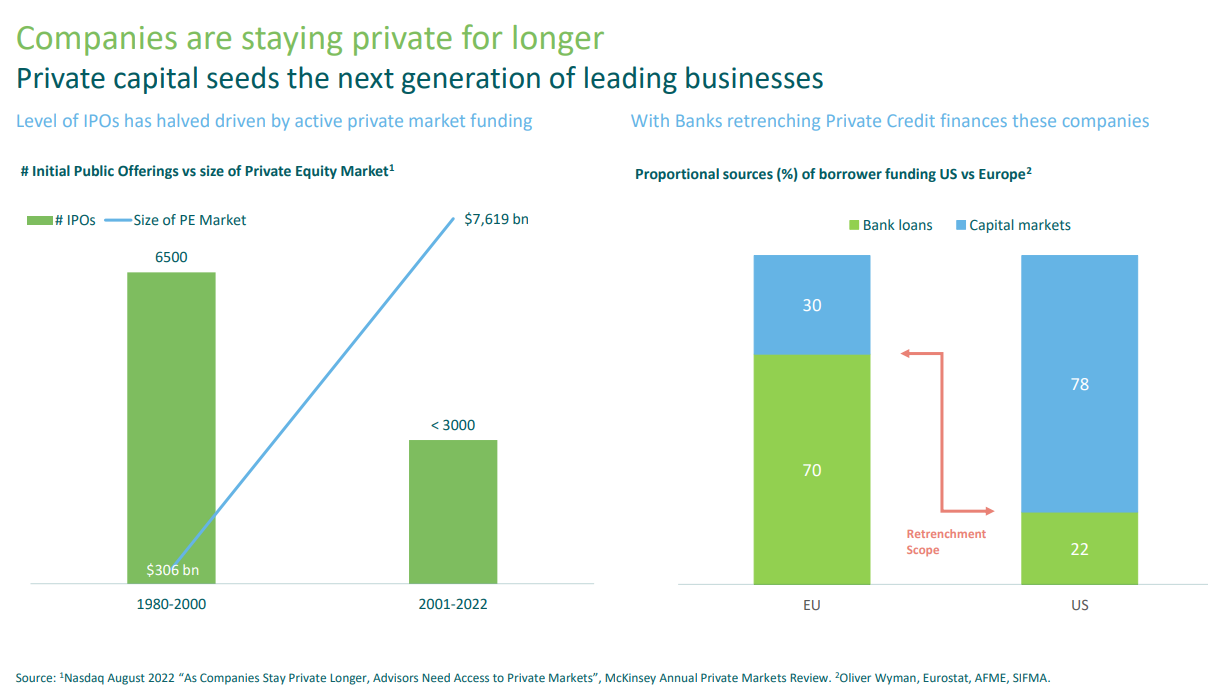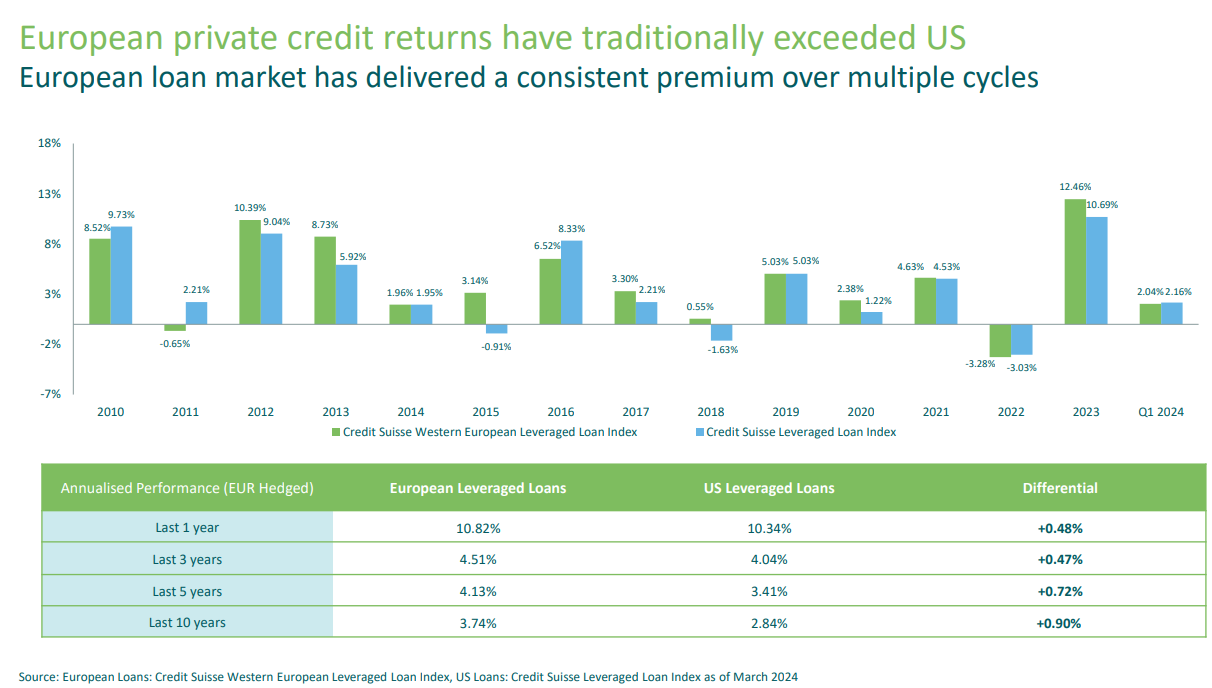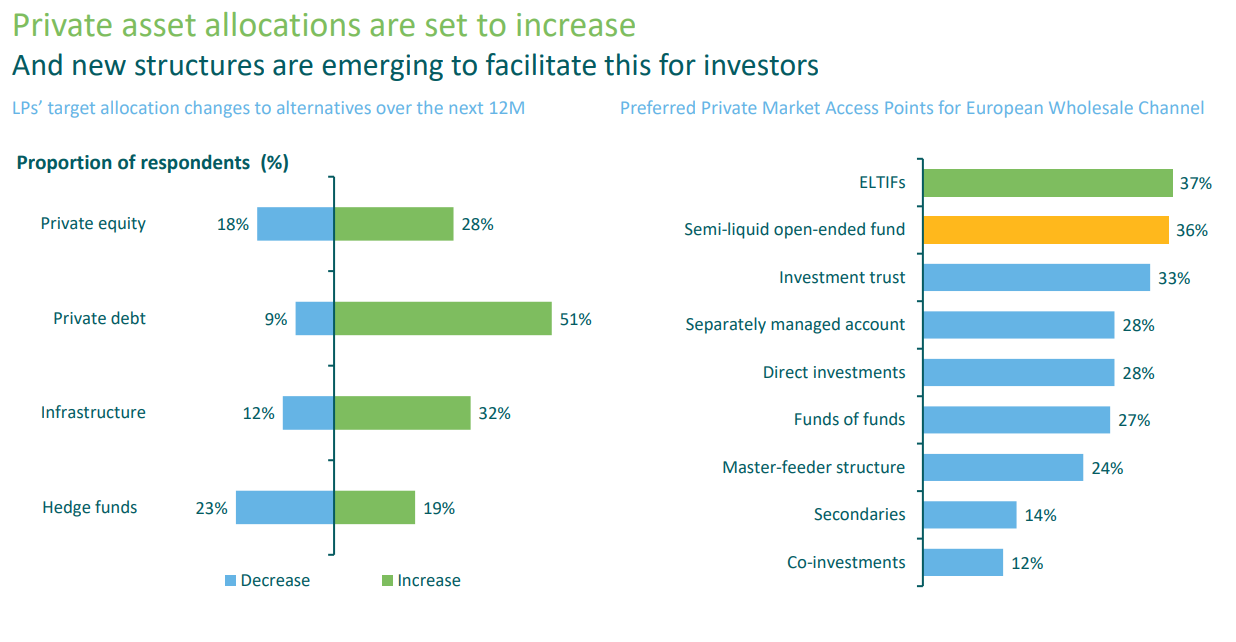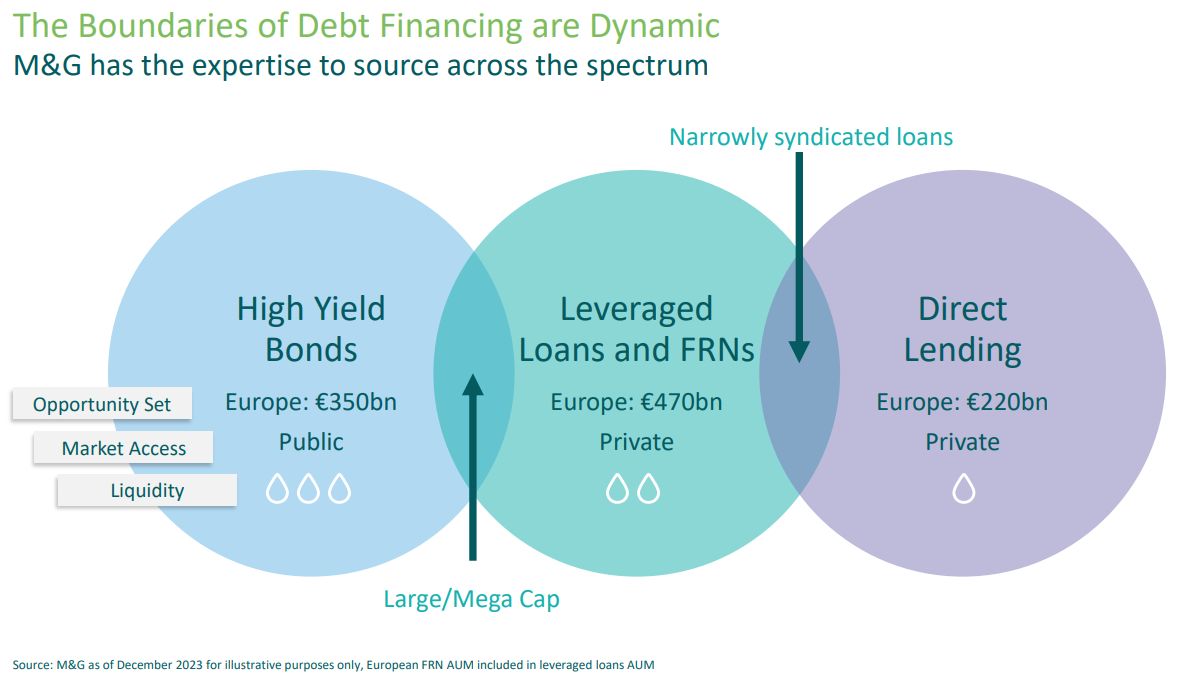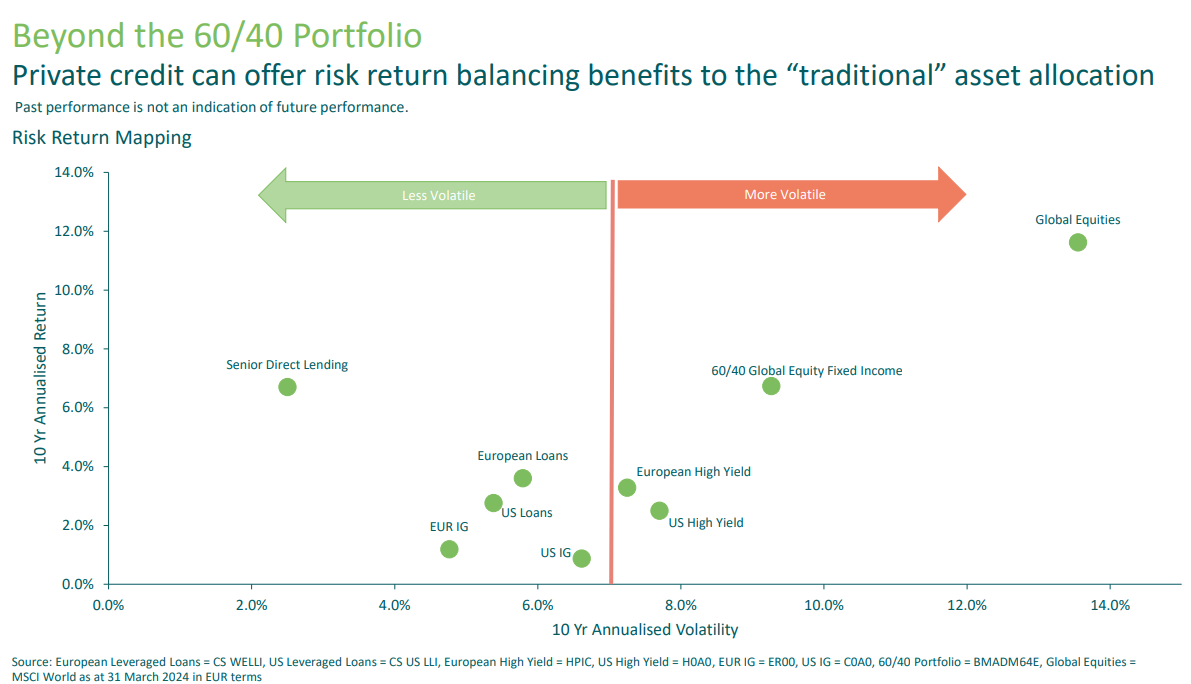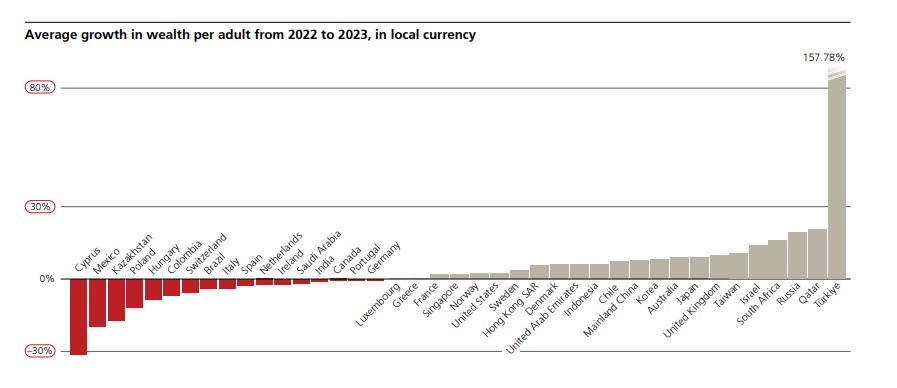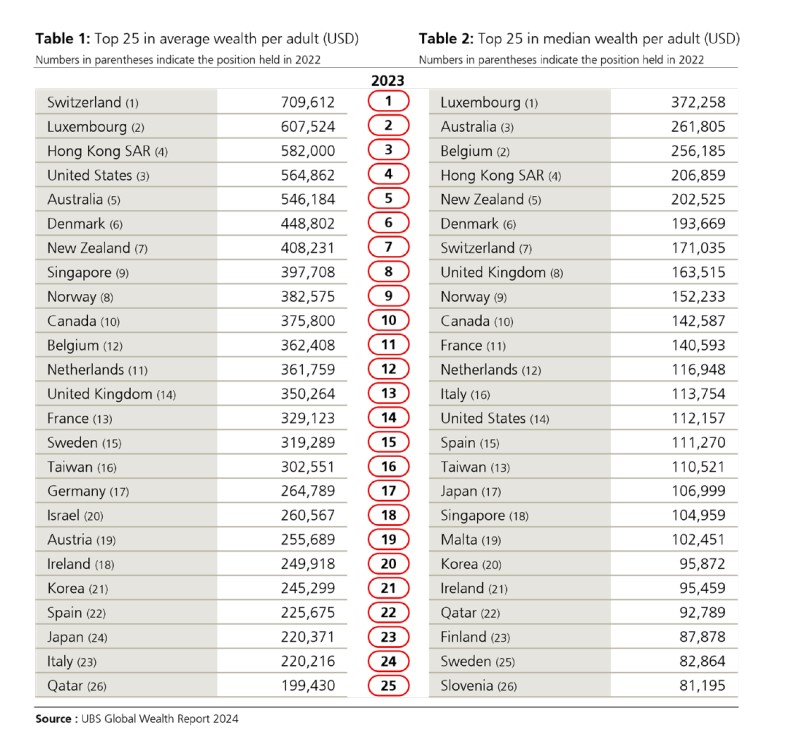The ECB’s July Meeting Arrives With No Forecast of Changes in Rates, Discourse, or Stance
| By Amaya Uriarte | 0 Comentarios

The European Central Bank (ECB) will hold its July monetary policy meeting tomorrow. According to asset managers, it is likely to proceed without major surprises and, most notably, without new interest rate cuts as market expectations suggest.
“The ECB’s July monetary policy meeting is likely to pass without incident. Similar to market expectations, we do not anticipate any interest rate cuts. Data dependency remains high, decisions are made meeting by meeting, and there is no prior commitment to a possible rate cut in September,” acknowledges Ulrike Kastens, economist for Europe at DWS.
This probable pause in July, according to Kevin Thozet, member of the investment committee at Carmignac, “will allow the institution to better assess the region’s inflation and growth trajectory and confirm that the path forward is as desired. However, the prospects of a new rate cut in September, along with the Fed, are high.”
Currently, data indicate that eurozone inflation fell to 2.5% year-on-year, while core inflation remained unchanged at 2.9%. In the opinion of Jean-Paul van Oudheusden, market analyst at eToro, as long as interest rates stay above 3%, it is likely that the ECB’s monetary policy will remain restrictive. “The current base interest rate is 4.25%, which provides room for further rate cuts despite the latest adjustment to interest rate expectations made by the central bank in June. Recently, the central bank has been cryptic about its interest rate path, but its goal is not to surprise the markets. Christine Lagarde could prepare the market for a rate cut in September or October in her press conference on Thursday,” comments van Oudheusden.
Regarding what to expect from tomorrow’s meeting, Germán García Mellado, fixed income manager at A&G, adds: “Regarding the reduction in bond purchase programs, no significant new developments are expected, since in July, reinvestments of the special program launched during the pandemic (PEPP) began to be reduced by 7.5 billion per month, with the aim of fully reducing reinvestments by 2025.”
Already stated by the ECB
In line with what the ECB has explained so far, given that there are no new growth and inflation projections, it is unlikely that the communication will change. According to Philipp E. Bärtschi, Chief Investment Officer of J. Safra Sarasin Sustainable AM, the ECB’s rate cut in June was accompanied by comments suggesting that the ECB will also cut its rates gradually rather than quickly. “However, due to the weaker growth momentum and the projected inflation path, we expect three more rate cuts in the eurozone this year,” notes E. Bärtschi.
“The messages issued in Sintra are consistent with previous communications, and barring surprises in the data, September is the preferred date for the next action by members. What is reaffirmed is the trend of rate cuts. This meeting will take place after the French elections, and although there is still some uncertainty around the composition of the next French government and the prospects for fiscal policy, we do not rule out seeing Lagarde addressing questions about what the ECB could do to protect French sovereign bonds and under what circumstances,” adds Guillermo Uriol, Investment Manager and Head of Investment Grade at Ibercaja Gestión.
Additionally, according to President Lagarde, the strength of the labor market allows the ECB to take time to gather new information. Consequently, in the opinion of Konstantin Veit, portfolio manager at PIMCO, the ECB is in no rush to cut rates further, decisions will continue to be made meeting by meeting, and the data flow in the coming months will determine the speed at which the ECB removes additional restrictions.
“Given the ECB’s reaction function, whose decisions are based on inflation outlooks, core inflation dynamics, and monetary policy transmission, we foresee that the ECB will continue cutting rates in expert projection meetings, and we expect the next rate cut to occur in September,” emphasizes Veit.
Forecast of new cuts
The market currently expects a 25 basis point rate cut in September and another in December/January. However, they identify that the ECB remains open to a slower rate cut process based on the data being published, with a meeting-by-meeting approach.
For their part, investment firms agree that the market is pricing in another 45 basis points of rate cuts for this year and consider that the current terminal rate, around 2.5%, above most estimates of a neutral interest rate for the eurozone, indicates a high concern about last-mile inflation. “Overall, the market valuation seems reasonable and broadly aligns with our baseline of three cuts for this year,” points out Veit.
On the possibility of rate cuts resuming in September, Peter Goves, Head of Developed Markets Sovereign Debt Analysis at MFS Investment Management, argues that it is not yet fully priced in, which leaves some room for an uptick in the event of a 25 basis point cut at that meeting. “This keeps us optimistic about eurozone duration in the short and medium term. European government bond spreads remain relatively tight given the risk of events in France (which turned out to be relatively brief and more idiosyncratic than systemic). We see this as a possible topic to address in the press conference, but we doubt Lagarde will comment on France’s domestic political situation. Additionally, Lagarde is likely to affirm that monetary policy transmission has worked well,” explains Goves.
The ECB’s challenge
For Thomas Hempell, Head of Macro Analysis at Generali AM, part of the Generali Investments ecosystem, the ECB sticks to its data-dependent approach and stressed that wage data plays a crucial role. “On the other hand, official interest rates remain well above the neutral rate. We believe that with the slow downward trend in inflation, the ECB will initiate quarterly interest rate cuts until the deposit rate reaches 2.5%. This broadly aligns with market expectations,” comments Hempell.
In the opinion of Gilles Moëc, Chief Economist at AXA IM, it is paradoxical that central banks are being harshly criticized just as they are about to declare victory over inflation at a manageable cost to the real economy. In fact, he considers that the ECB started cutting rates in June, before clear signs of recession began to accumulate. “We believe it will be tight, but there is a possibility that the ECB will remove monetary restraint quickly enough to avoid a recession phase. We do not expect an emergency cut at this week’s meeting; we believe there would have been clear signals to this effect at the annual conference in Sintra,” he states.
According to his forecasts, the ECB Governing Council meeting should be the occasion to make it clearer that the June cut was only the beginning of a process. “We expect the next 25 basis point cut to occur in September. The market is now pricing an 87% probability of a cut then, and we would put it even higher. It is true that disinflation has stalled, but surveys converge to paint a sufficiently moderate picture of underlying price pressure for the ECB not to wait too long. In June, Christine Lagarde energetically avoided engaging in a discussion about what would be a path to removing restrictions. We expect greater openness this week, largely validating current market prices,” he concludes.
